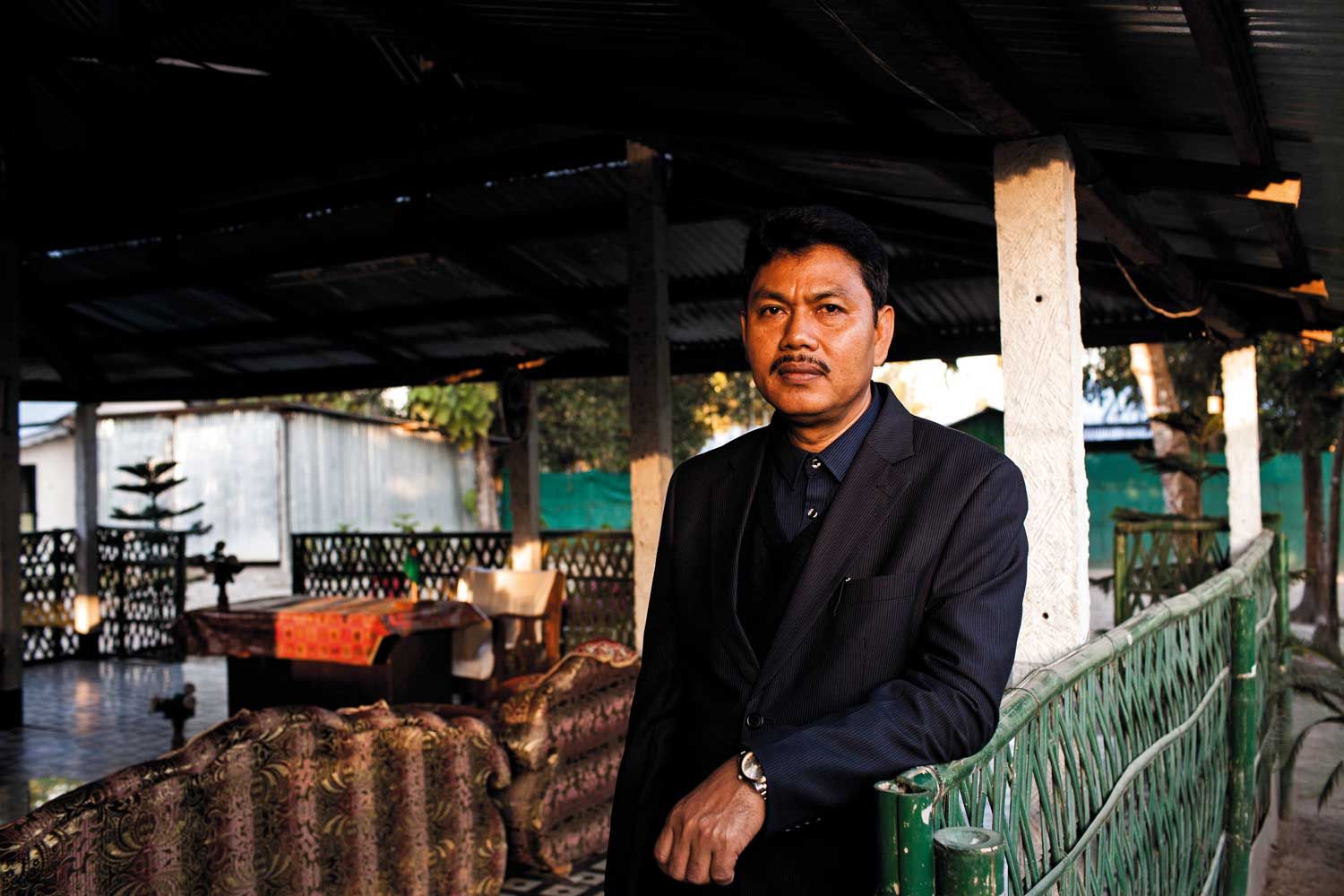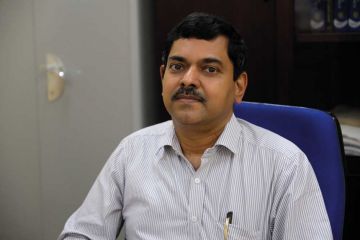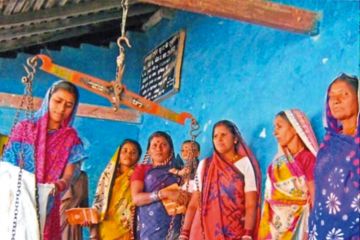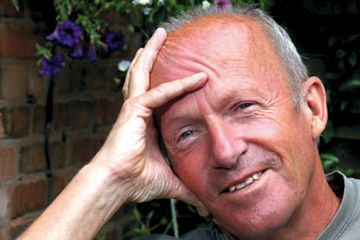
It was in 2012, during the ethnic riots between Bodo tribals
and Bengali-speaking Muslims in Assam that I first visited a Bodoland
Territorial Area District(BTAD) to understand and unravel the Bodoland conflict.
At this time I established contact with an
outsider-yet-an-insider in the National Democratic Front of Bodoland (NDFB). We
kept in touch. After three years, I met my source on my visit during the
2014-15 violence against adivasis, attributed to the Songbijit faction of the
NDFB
Continue reading “All we want is dignity and honour”
Read this story with a subscription.





